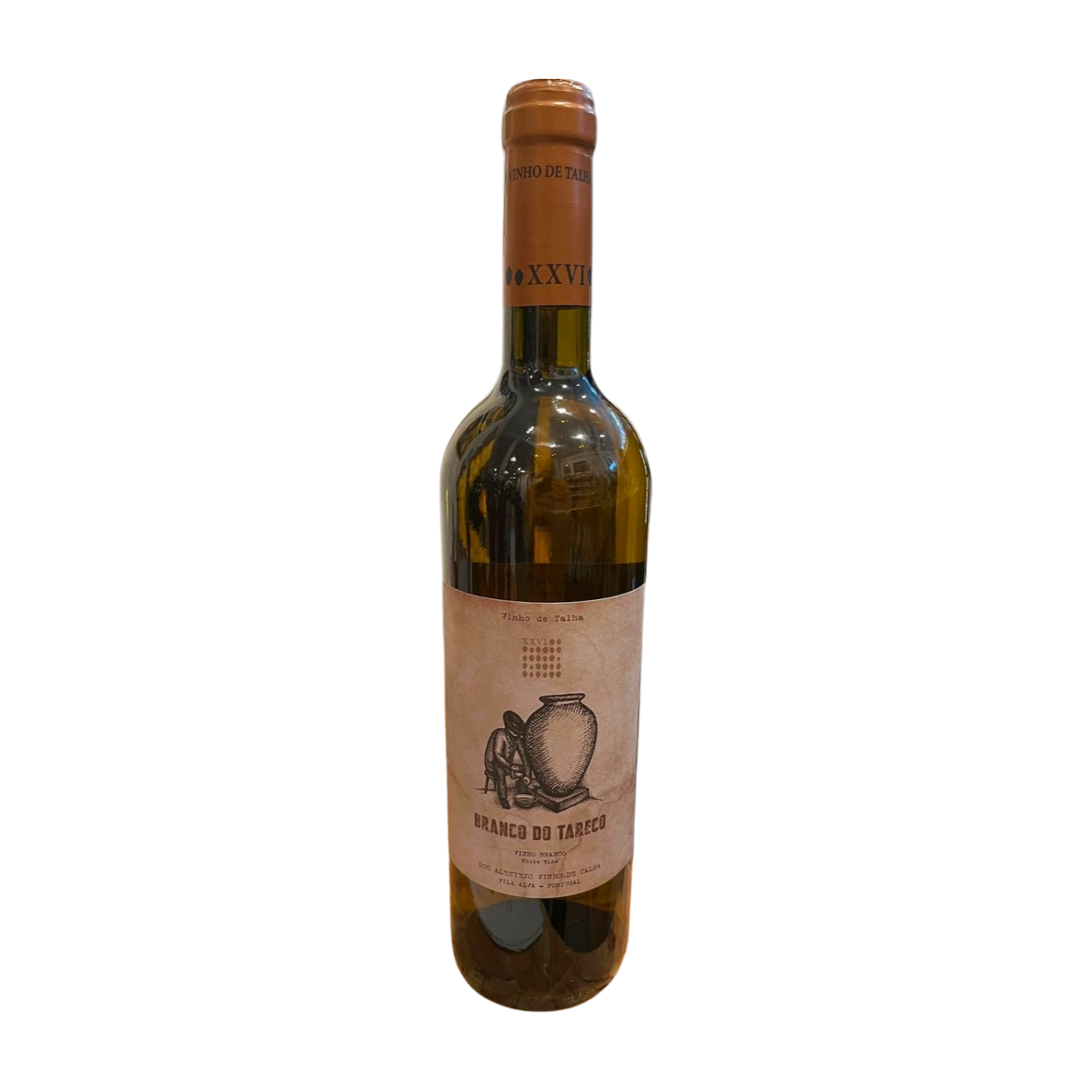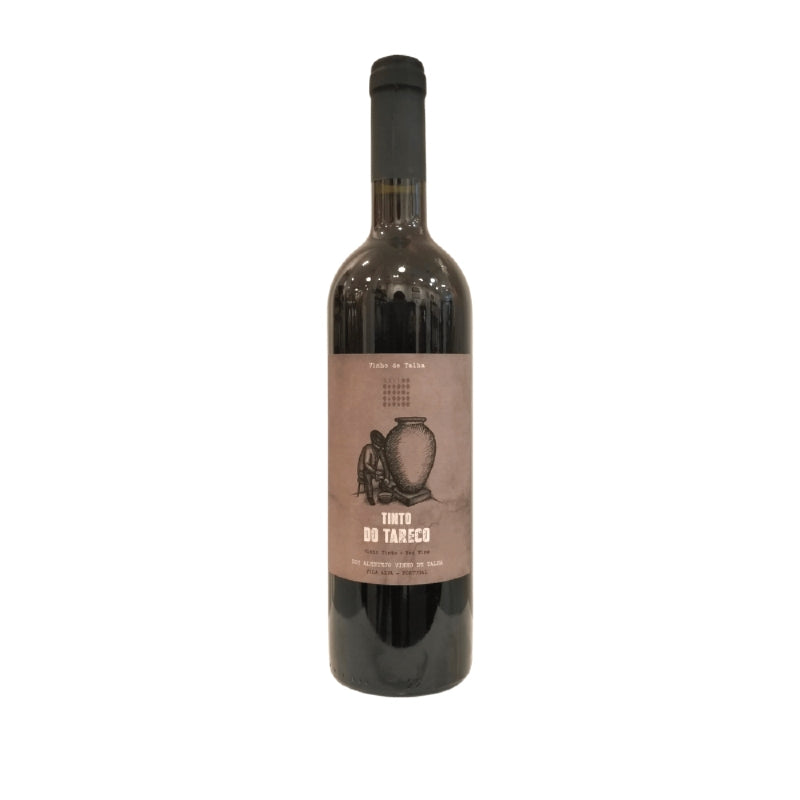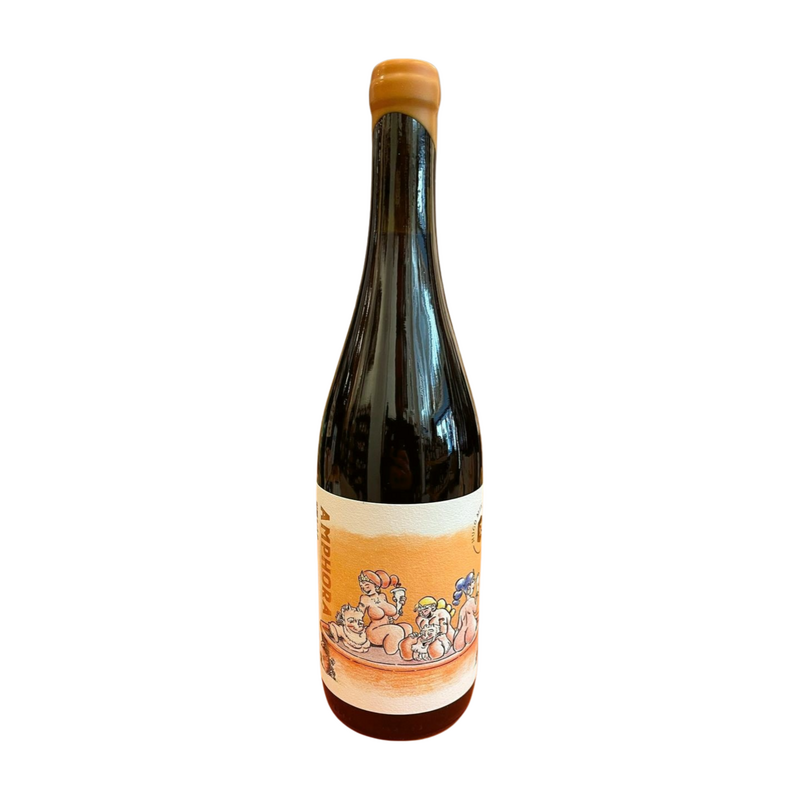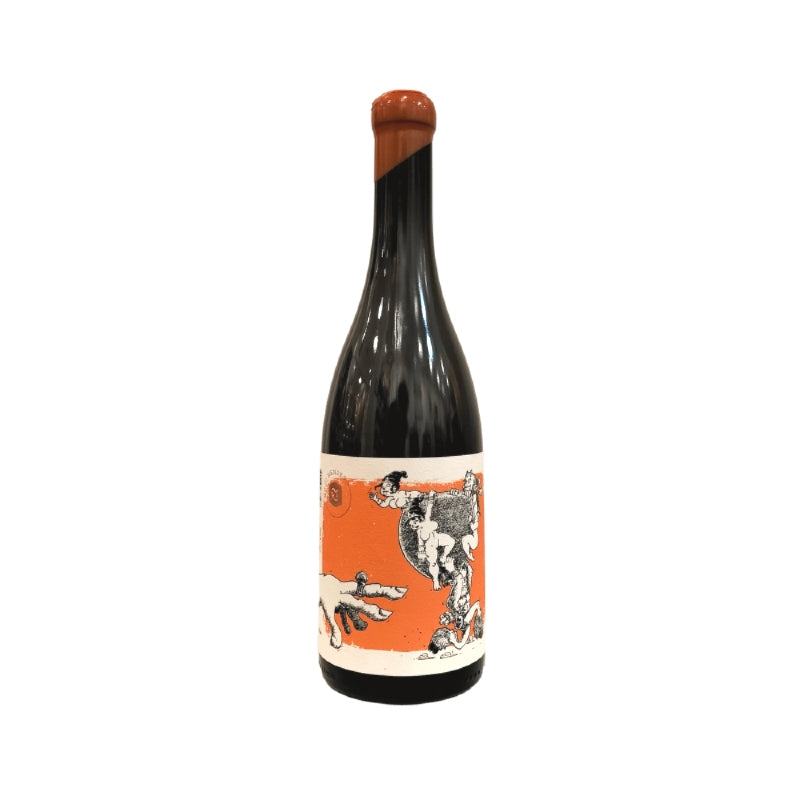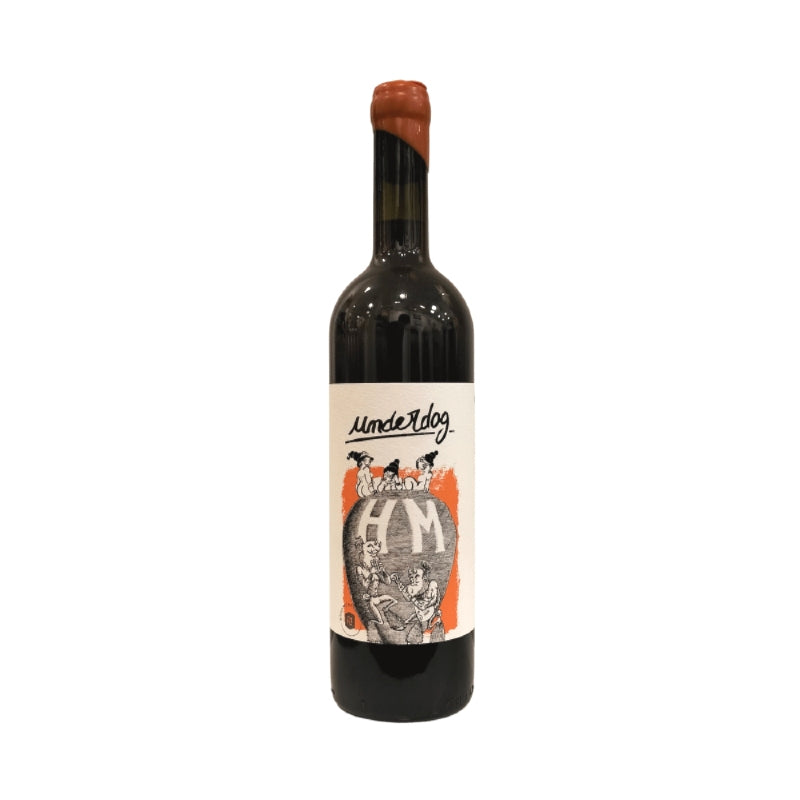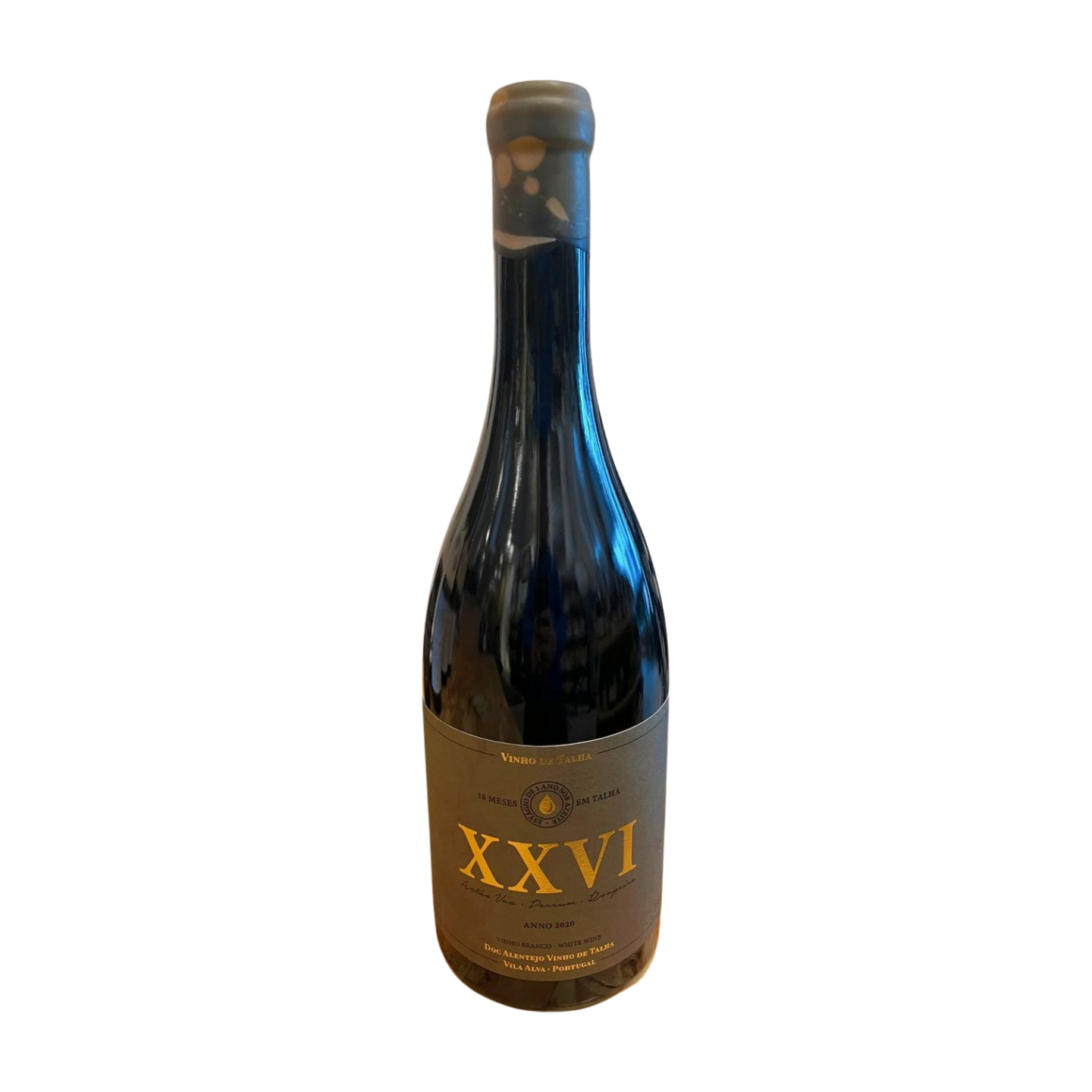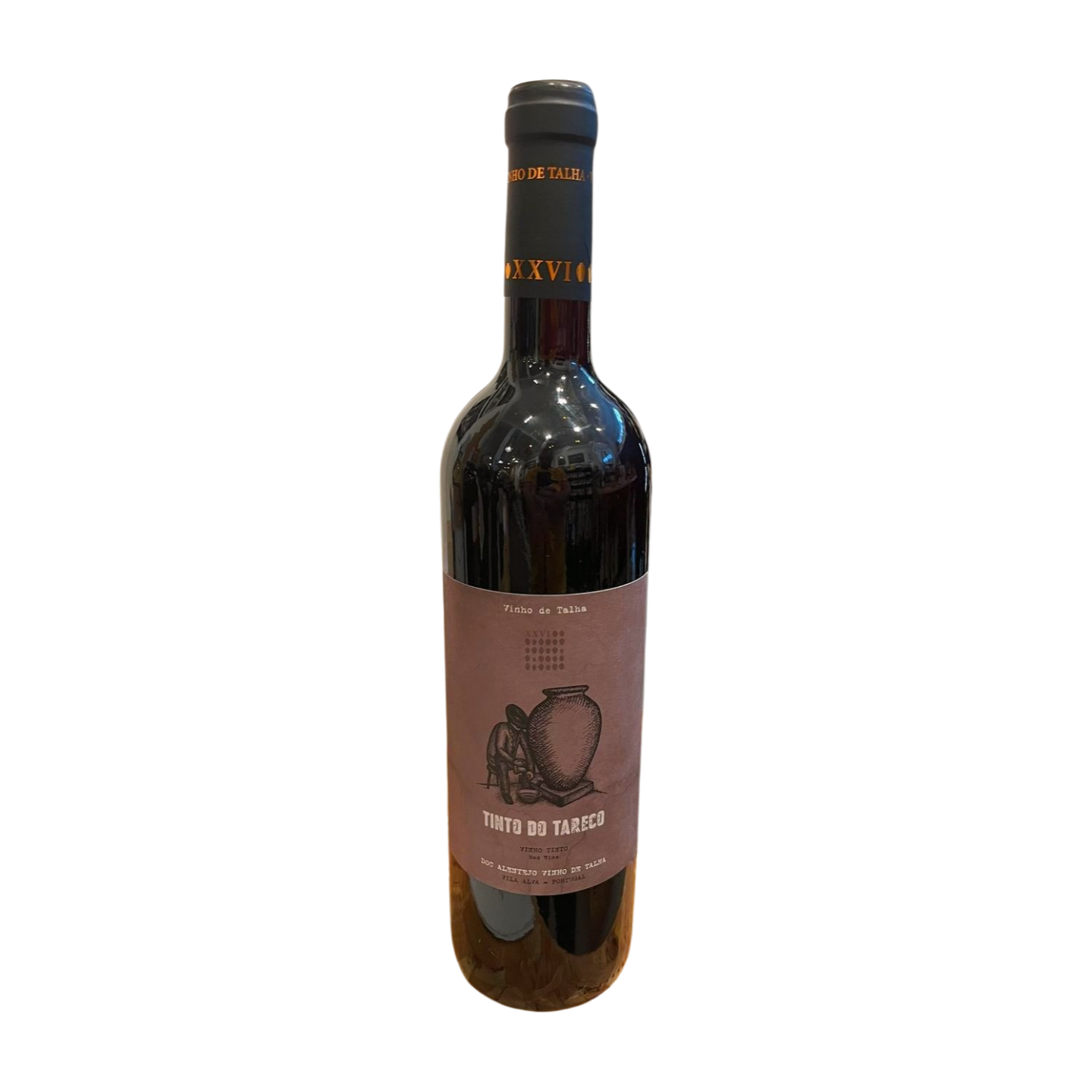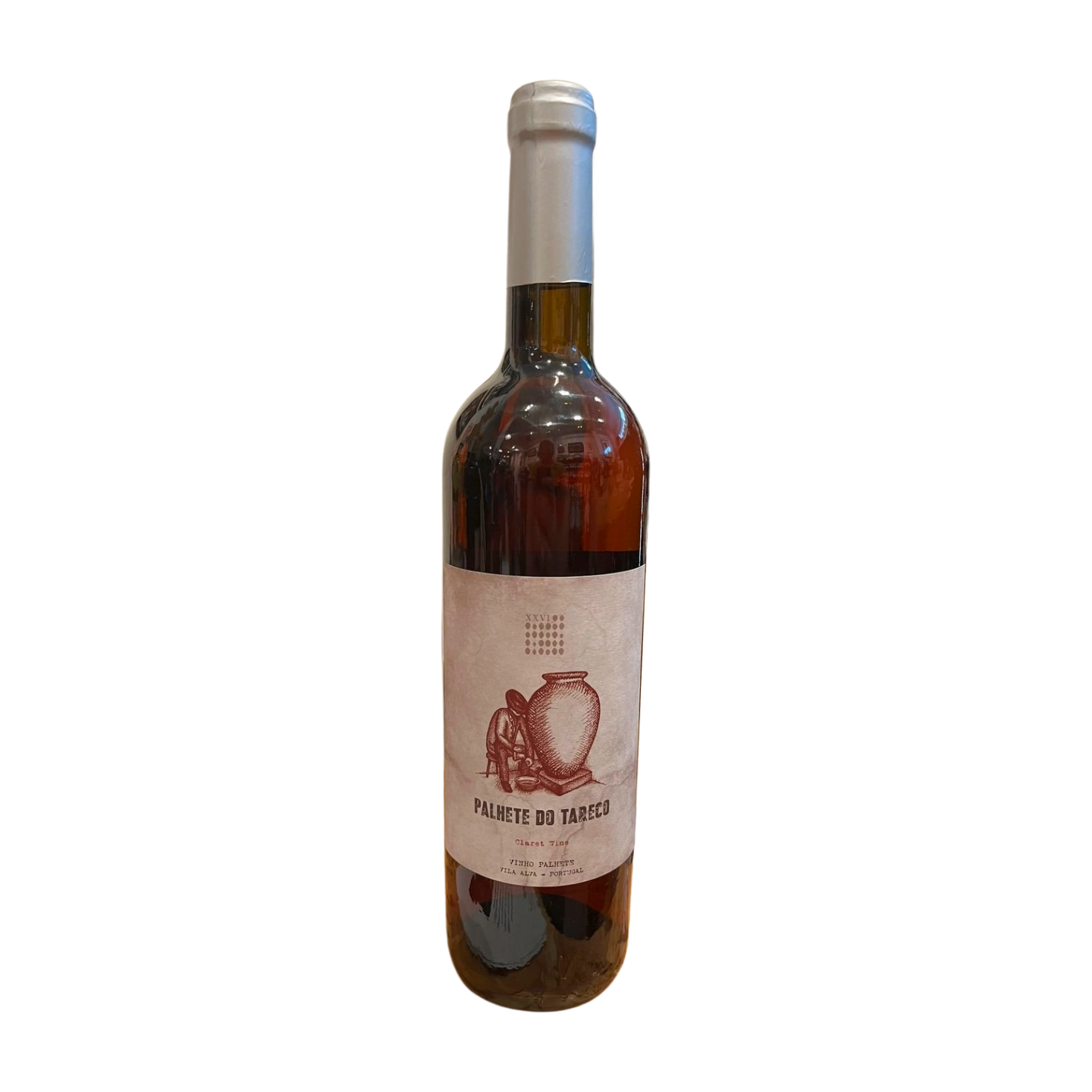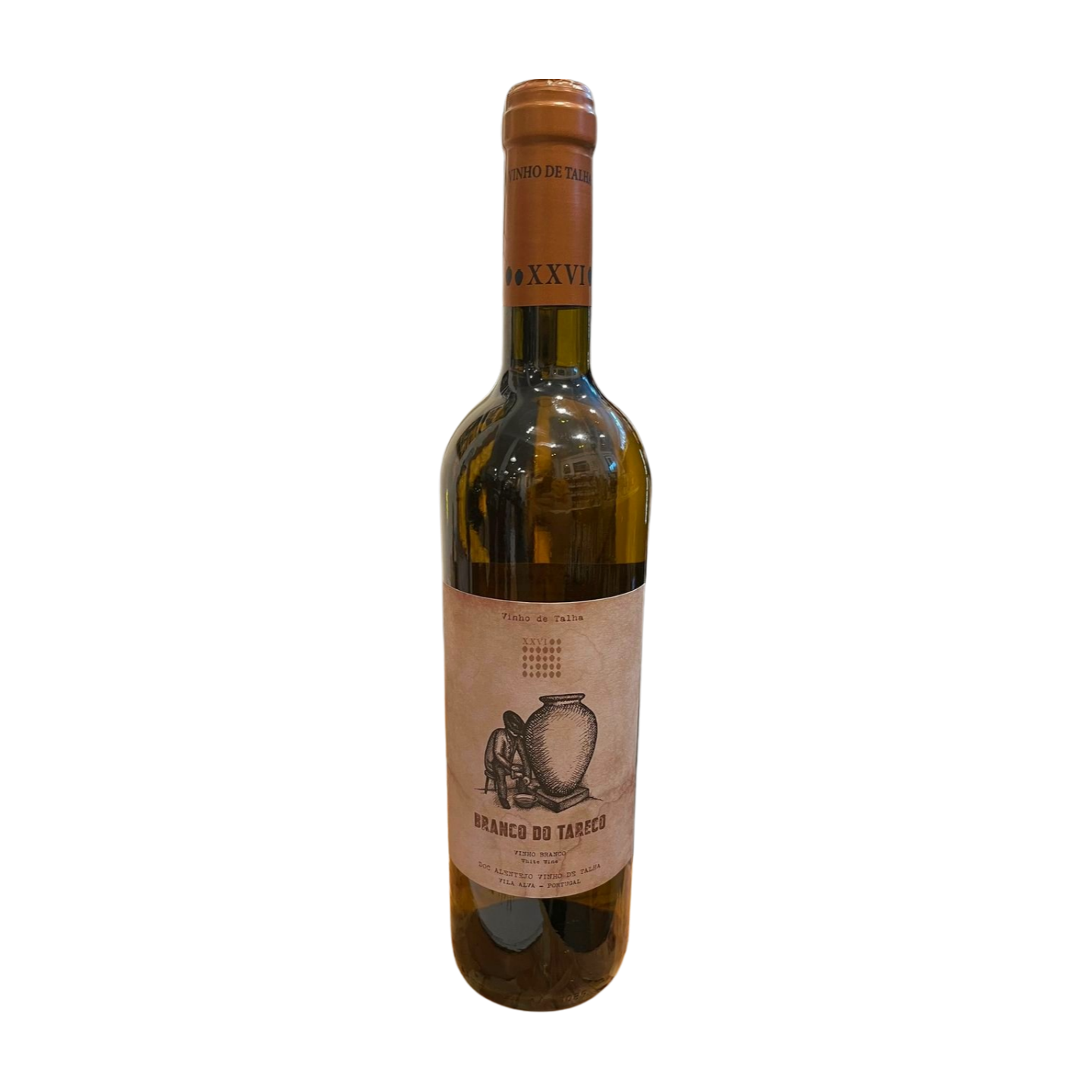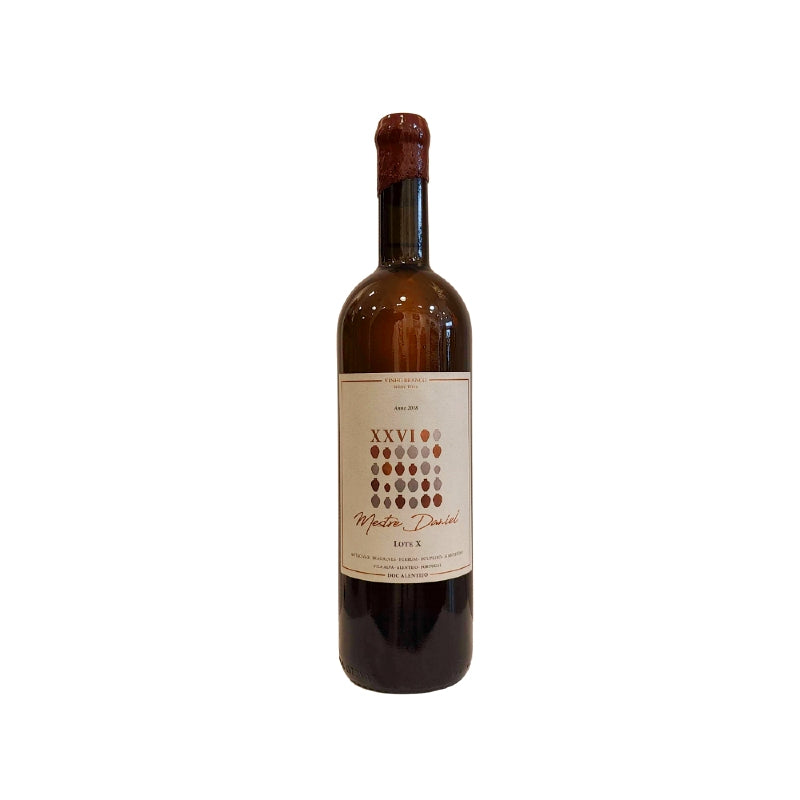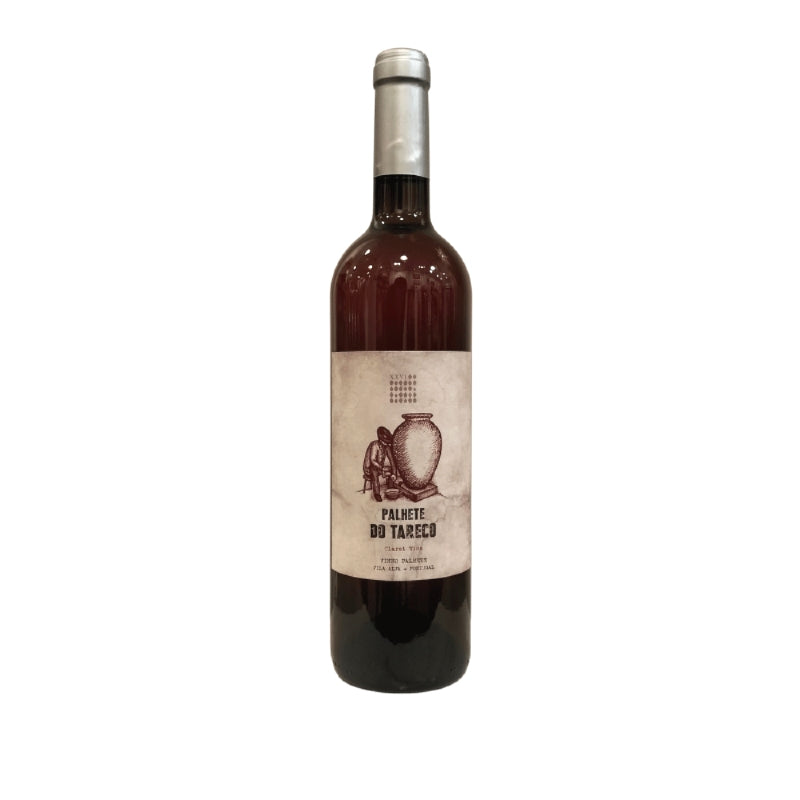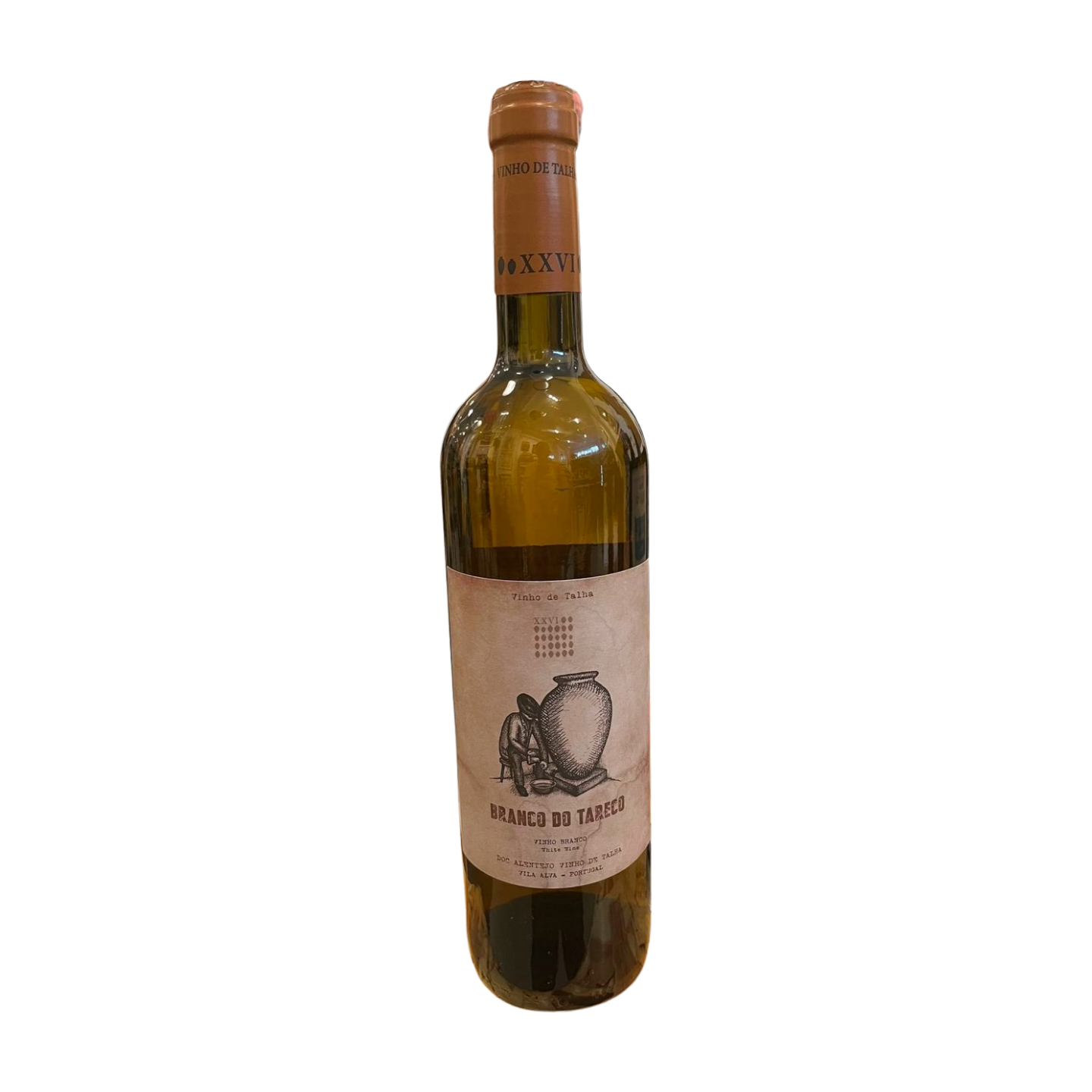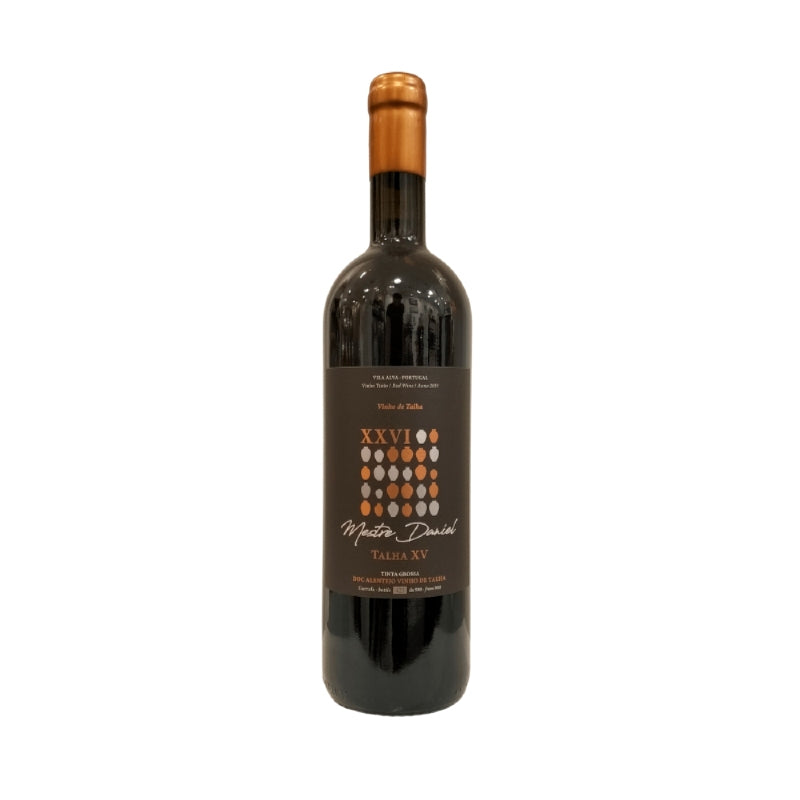XXVI Talhas
XXVI Talhas is a notable wine producer located in the Alentejo region of Portugal, specifically in the village of Vila Alva. This project pays homage to the ancient tradition of Talha wine production, which is deeply rooted in the history of the region. Talha wines are made using clay amphorae, a method introduced by the Romans over two thousand years ago. This technique has been preserved and passed down through generations, maintaining its authenticity and cultural significance.
The winemaking process at XXVI Talhas involves placing previously crushed grapes, sometimes with stems, into large clay pots known as talhas. Fermentation occurs spontaneously within these vessels. During this process, the grape skins rise to the surface, forming a solid layer that needs to be submerged back into the liquid using a wooden squeegee. This traditional method results in wines that are aromatic and have a simple structure, reflecting the natural winemaking process. The wines can be white, red, or a blend known as "petroleiro," which combines white and red grapes. Each type of wine exhibits distinct characteristics, with whites having a golden yellow color and reds an open ruby hue.
The winemaker behind XXVI Talhas is Mestre Daniel, who has dedicated approximately 30 years to producing talha wine. He continues the family tradition, ensuring that the ancient practices are upheld while also bringing his own expertise to the process. This dedication to tradition is a testament to the cultural heritage of the Alentejo region and its longstanding relationship with talha wine production.
XXVI Talhas is also committed to sustainable practices, though specific details on these practices are not extensively documented in the available sources. However, the use of natural fermentation and traditional methods inherently supports sustainability by minimizing the need for modern additives and interventions. This approach not only preserves the environment but also maintains the integrity of the wine, allowing the true flavors of the Alentejo terroir to shine through.
Filters
Portuguese wine
Frequently asked questions
The entire country of Portugal is divided into 14 different wine regions, including in the Azores and Madeira islands. Some of Portugal's most famous winemaking regions include the Douro Valley (known for Port) and Vinho Verde (known for its light, refreshing white wines).
Portugal is becoming more well known for its orange wines, talha wines (traditionally made in clay pots), and palhete (made by blending red and white grapes together).
Portugal is best known for its fortified wine, called Port wine. It is produced in the Douro Valley, which is a UNESCO World Heritage Site and recognized as the world's first demarcated wine region, established in 1756.
Vinho Verde in northern Portugal is another popular winemaking region characterized by rolling hills and lush landscapes. It's known around the world for low-alcohol, refreshing white wines, although the region traditionally focused more on red wines made with the fruit-forward vinhão grape.
The Portuguese island of Madeira, with its subtropical climate, is renowned for its fortified wines. Winemaking here dates back to the 15th century, when Portuguese
explorers brought grape varieties from around the world.
Our sustainable, natural wine shop is located in the Marquês neighborhood in Porto, Portugal. We also ship to countries around the world, including within Europe, the United States, Canada, Australia, China, and more. Review our Shipping Policy to learn more.
In recent years, there has been a notable shift toward sustainable viticulture and the production of natural wine in Portugal. Many winemakers are implementing organic farming practices and embracing biodiversity to maintain soil health and reduce chemical inputs. This commitment to sustainability is not only beneficial for the environment but also enhances the quality of the wines, allowing the unique characteristics of the terroir to shine through. For example, some winemakers are now utilizing ancient terracotta amphorae for fermentation (called talha in Portuguese). This method preserves regional cultural heritage, enhances the wine's character, and aligns with sustainable practices by reducing reliance on modern materials.

